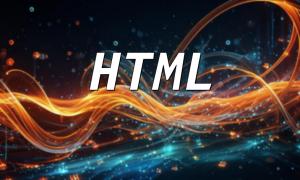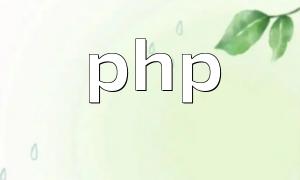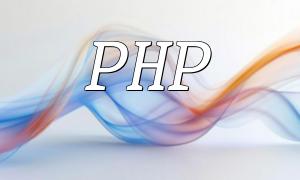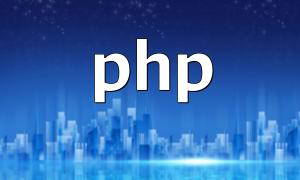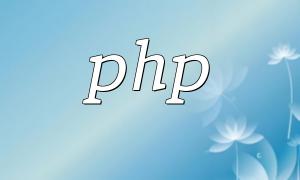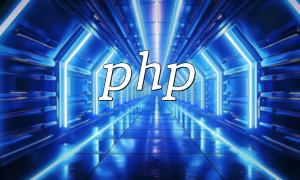PHP Programming Learning Path Overview
PHP is a widely-used scripting language, especially for web development. Whether you are a programming beginner or someone with some experience, understanding the core concepts and technology stack of PHP is crucial. In this article, we will guide you through the learning process of PHP, from the basics to advanced topics.
PHP Beginner Basics
- PHP Syntax Basics: Data types, variables, constants, operators, etc.
- Control Structures: Conditional statements (such as if, switch) and loop structures (such as for, while).
- Functions and Arrays: Understanding function definitions, calls, and array usage.
Database Operations
- MySQL Database Basics: Master SQL syntax and the creation and management of databases.
- PHP Database Operations: Connecting to databases, querying data, updating records, etc.
- Object-Relational Mapping (ORM): Learn how to interact with databases effectively through PHP.
Web Development
- HTTP Protocol and Web Servers: Understanding how web applications interact with servers via the HTTP protocol.
- PHP Web Frameworks: Learn popular PHP frameworks, like Laravel and CodeIgniter, to increase development efficiency.
- Dynamic Web Pages: Creating forms, handling user input, and managing sessions.
Advanced Programming Concepts
- Object-Oriented Programming: Master concepts like classes, objects, inheritance, to improve code reusability and maintainability.
- Design Patterns: Learn common design patterns like Singleton and Factory to optimize code structure.
- Error and Exception Handling: Understand how to capture and handle errors and exceptions in your code.
PHP Security and Performance Optimization
- PHP Security Best Practices: Learn how to prevent common security vulnerabilities, such as SQL injections and cross-site scripting attacks.
- PHP Performance Optimization: Improve the execution efficiency of your PHP code and reduce server load.
- PHP Debugging and Testing: Learn debugging tools and testing methods for ensuring high-quality code.
Suggested Learning Path
For PHP beginners, we suggest following this learning path to gradually master each concept:
- Start with PHP basics like syntax and control structures, and then move on to functions and arrays.
- Learn database operations, mastering SQL and integrating it with PHP.
- Focus on web development, choose a PHP framework, and start building applications.
- Deepen your understanding of object-oriented programming and design patterns to enhance your code structure.
- Practice by building real-world projects to consolidate your skills and move toward becoming an advanced PHP developer.
Conclusion
Learning PHP programming is a gradual process. Once you master the basics, you can gradually transition into more complex development skills. Whether working on personal projects or in a professional environment, mastering PHP will help you improve productivity and programming proficiency. Good luck with your learning journey!
